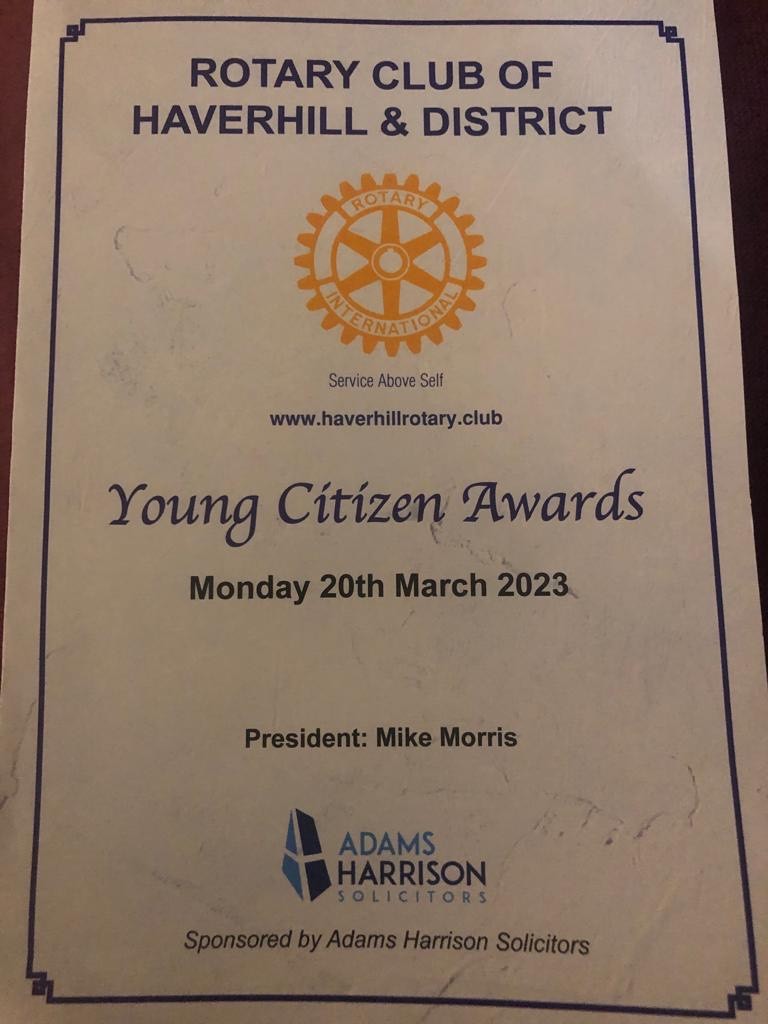Renters Reform Bill – No-fault evictions to be banned in reform of rental sector
Being described as a once in a generation reform The Renters Reform Bill was introduced in Parliament on 17th May 2023. This sets out new proposals to radically change the way tenants rent properties from landlords.
One of the most talked about change is the proposal to abolish Section 21 No Fault Evictions and deliver a simple more secure tenancy structure.
The proposal is that all tenancies are to become periodic tenancies from the start and abolish fixed term tenancies. They will require the tenant to give two months’ notice to vacate the property rather than the current one months but the idea of being on a periodic tenancy is that the tenant will not be liable for large sums of rent should they decide to leave the property. By abolishing Section 21 evictions this will give tenants more rights in remaining in the property and more control.
Another change is to ensure that the property is suitable for a tenant to live in. Currently rented properties meeting a minimum EPC standard of E is require if the property is under E then the property cannot be rented. The proposals changes the minimum EPC rating to C by 2035.
Another change to help balance up the Section 21 Abolishment is to reform the Grounds for Possession under Section 8. One of the proposals for rent arrears is to introduce a new mandatory ground for repeated serious arrears. Eviction will be mandatory where a tenant has been in at least two months rental arrears three times within the previous three years regardless of any rent arrears balance at the possession hearing. This will stop tenants from paying off a small amount of arrears to take them or keep them below the mandatory repossession threshold or suddenly paying the arrears prior to the Court hearing.
Other changes are:
- For anti social behavior or criminal behavior the proposal will lower the notice period for the existing mandatory eviction grounds and there will be further assistance provided in order to resolve issues at an early stage.
- Make it illegal for landlords and agents to have blanket bans on renting to tenants in receipt of benefits or with children ensuring no family is unjustly discriminated against when looking for a place to live.
- Tenants would be given the legal right to request to keep a pet in their home, which the landlord cannot unreasonably refused.








